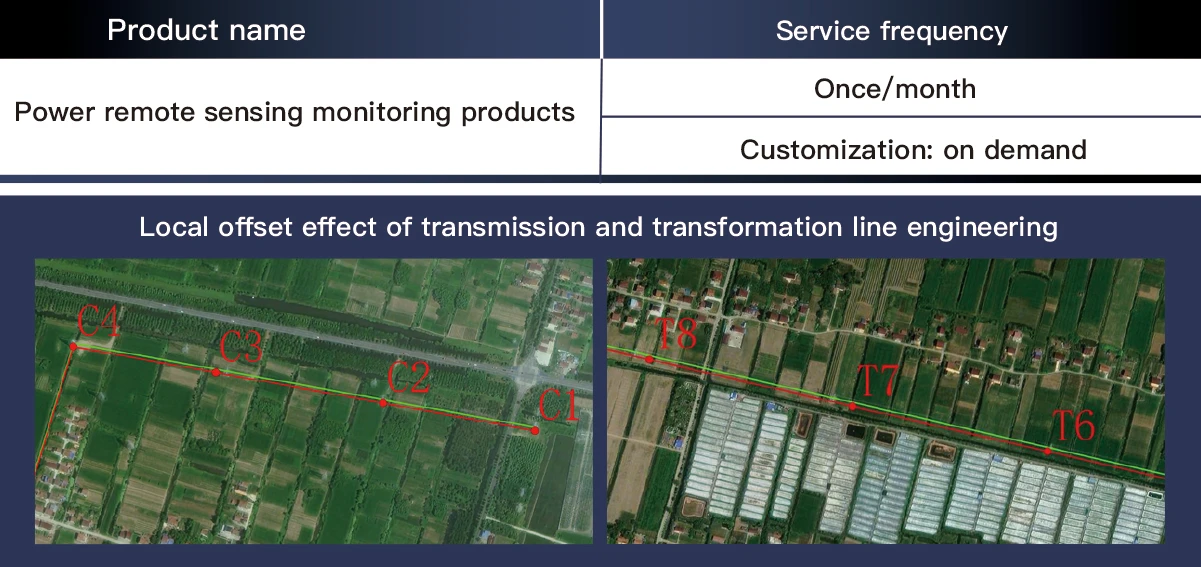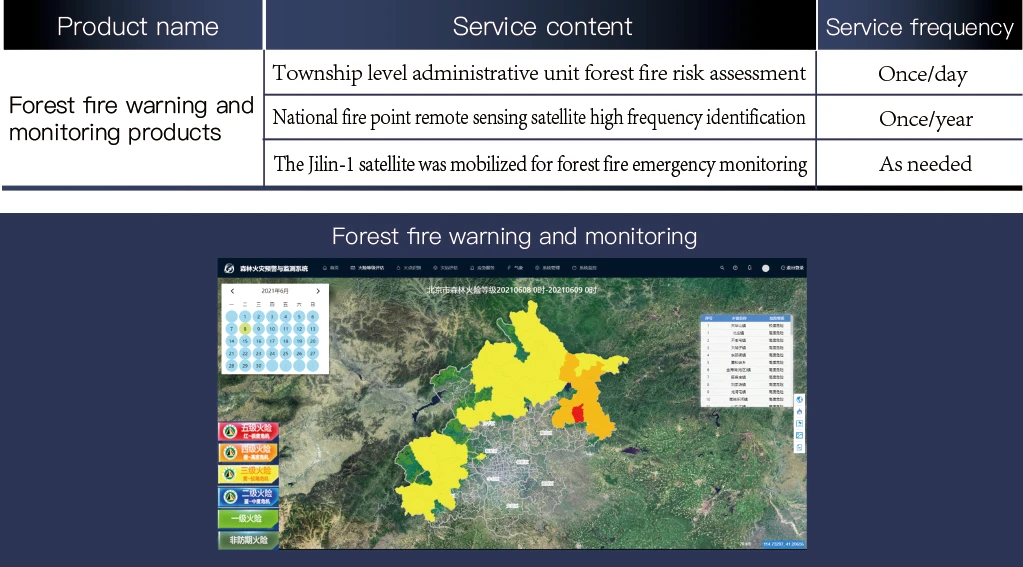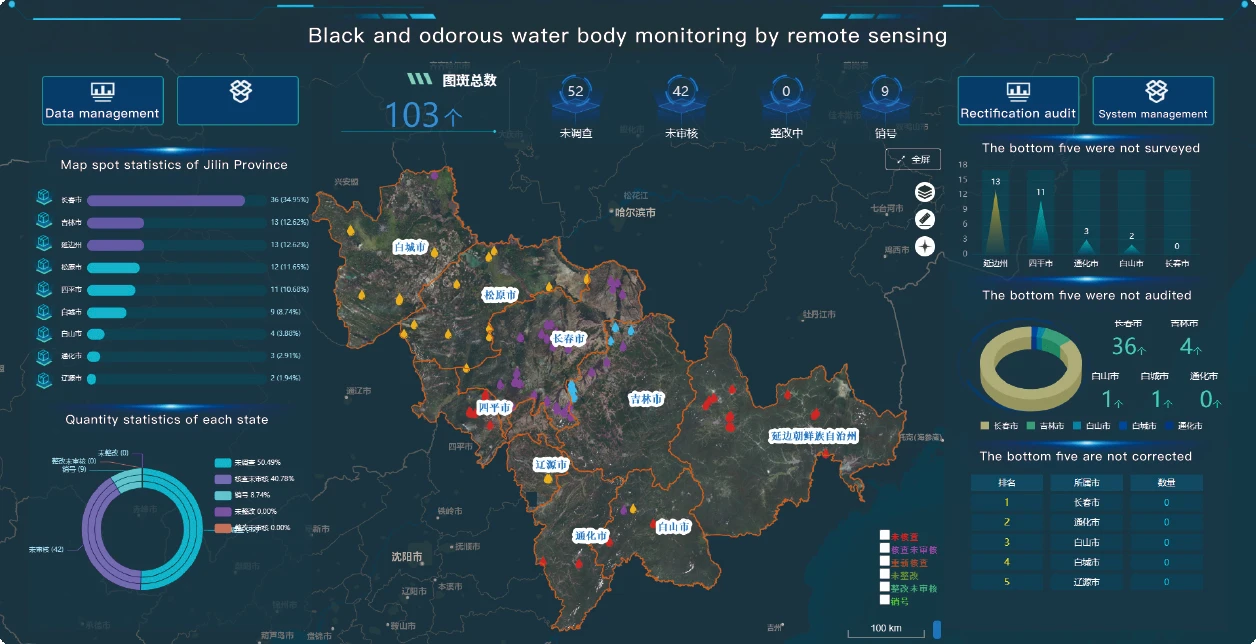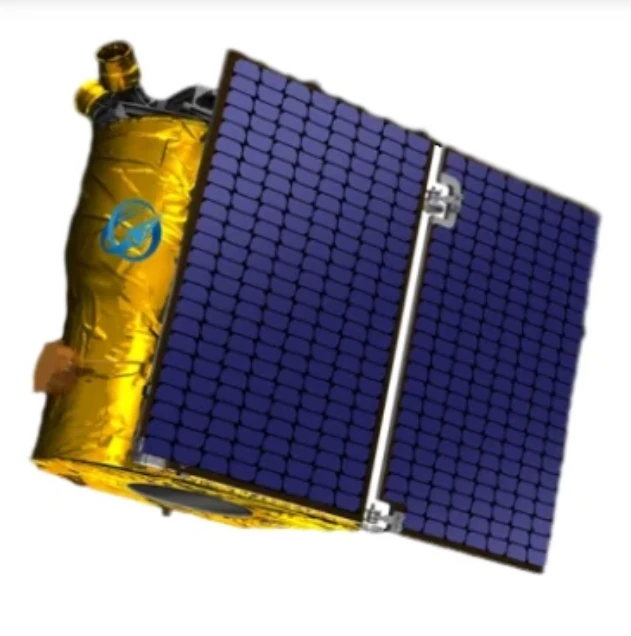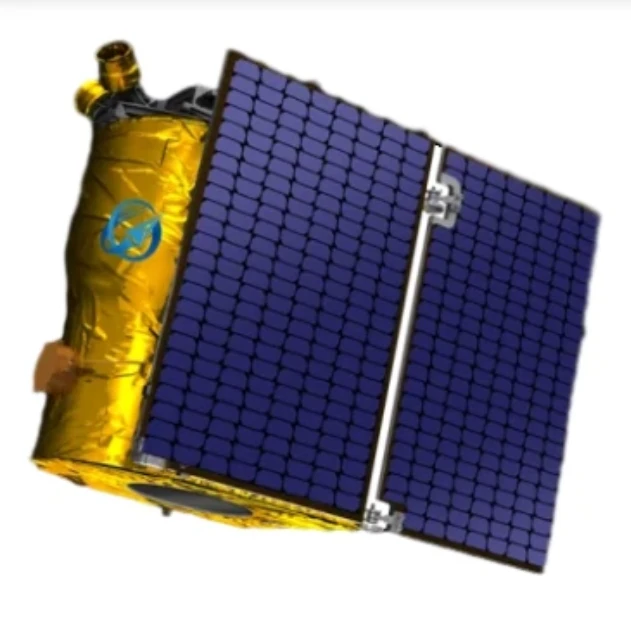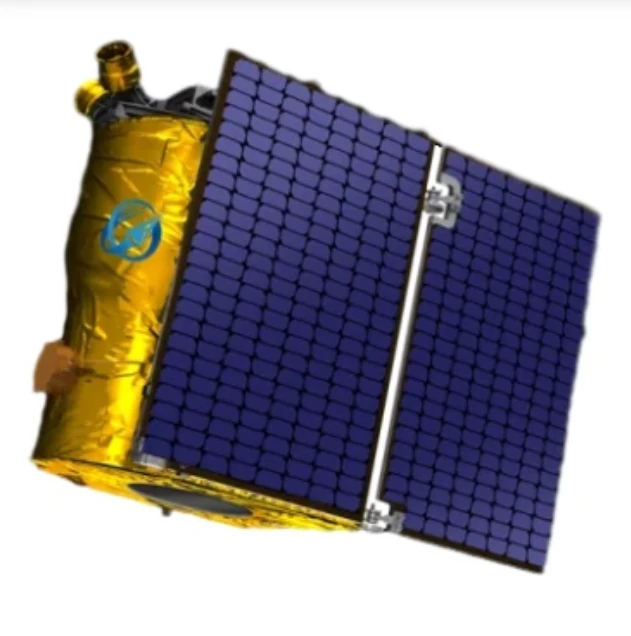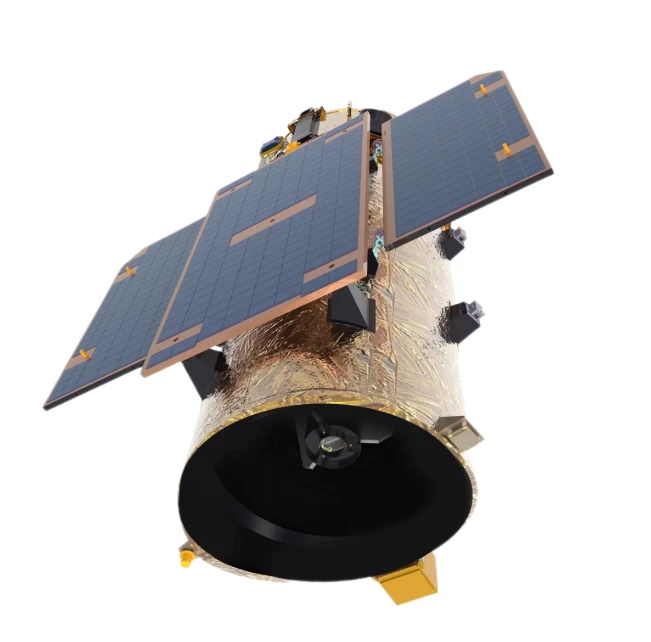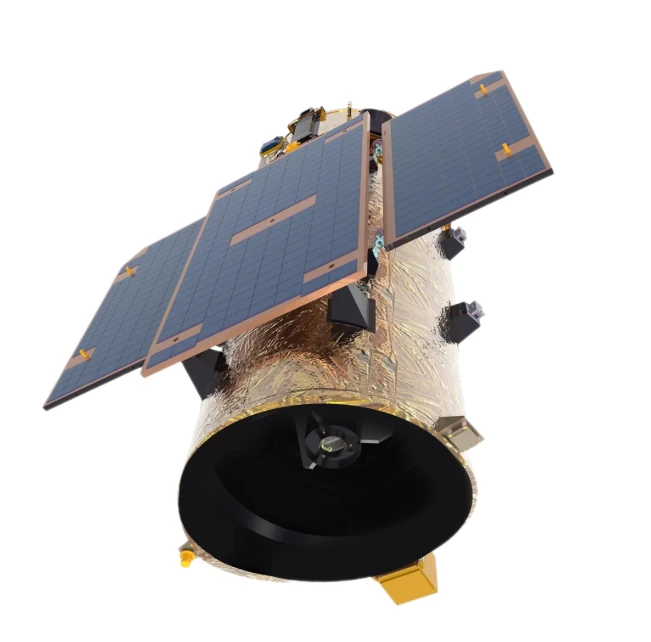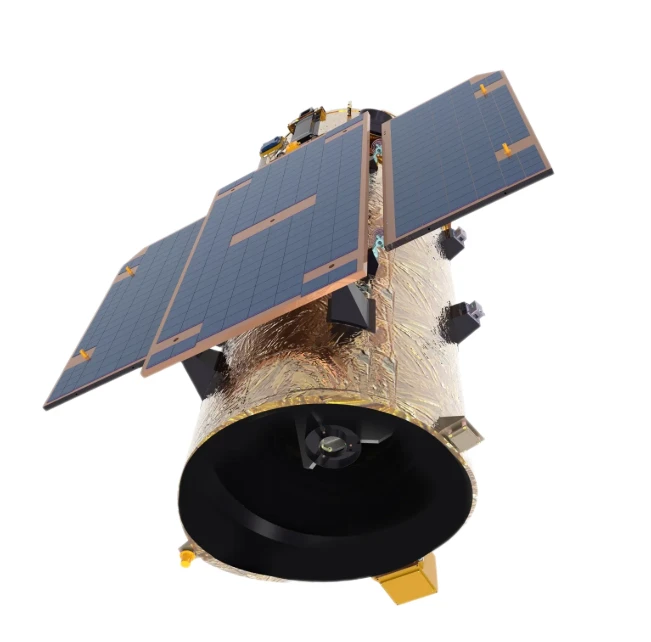
- Afrikaans
- Albanian
- Amharic
- Arabic
- Armenian
- Azerbaijani
- Basque
- Belarusian
- Bengali
- Bosnian
- Bulgarian
- Catalan
- Cebuano
- China
- Corsican
- Croatian
- Czech
- Danish
- Dutch
- English
- Esperanto
- Estonian
- Finnish
- French
- Frisian
- Galician
- Georgian
- German
- Greek
- Gujarati
- Haitian Creole
- hausa
- hawaiian
- Hebrew
- Hindi
- Miao
- Hungarian
- Icelandic
- igbo
- Indonesian
- irish
- Italian
- Japanese
- Javanese
- Kannada
- kazakh
- Khmer
- Rwandese
- Korean
- Kurdish
- Kyrgyz
- Lao
- Latin
- Latvian
- Lithuanian
- Luxembourgish
- Macedonian
- Malgashi
- Malay
- Malayalam
- Maltese
- Maori
- Marathi
- Mongolian
- Myanmar
- Nepali
- Norwegian
- Norwegian
- Occitan
- Pashto
- Persian
- Polish
- Portuguese
- Punjabi
- Romanian
- Russian
- Samoan
- Scottish Gaelic
- Serbian
- Sesotho
- Shona
- Sindhi
- Sinhala
- Slovak
- Slovenian
- Somali
- Spanish
- Sundanese
- Swahili
- Swedish
- Tagalog
- Tajik
- Tamil
- Tatar
- Telugu
- Thai
- Turkish
- Turkmen
- Ukrainian
- Urdu
- Uighur
- Uzbek
- Vietnamese
- Welsh
- Bantu
- Yiddish
- Yoruba
- Zulu
Understanding Mechanical Refrigeration
Mechanical systems are integral in various industries, offering solutions that increase efficiency, enhance performance, and ensure safety. Mechanical refrigeration, mechanical dust collectors, and mechanical equipment services are three significant aspects that play vital roles in maintaining optimal operation across numerous sectors. In this article, we’ll explore the types of mechanical refrigeration, the purpose of mechanical dust collectors, and the importance of mechanical equipment services in ensuring the longevity and smooth functioning of machinery and equipment.
Types of Mechanical Refrigeration and Their Applications
Mechanical refrigeration is a system used to cool air or a specific substance, employing mechanical processes such as compression, expansion, and condensation. There are several types of mechanical refrigeration systems, each designed for specific applications depending on the scale of use, energy efficiency, and cooling requirements.
Vapor Compression Refrigeration Systems
This is the most commonly used mechanical refrigeration system. It works by compressing a refrigerant gas to a high pressure, which is then condensed into a liquid. The liquid refrigerant is expanded into a low-pressure area, cooling the surrounding environment. This type is widely used in household refrigerators, air conditioners, and commercial refrigeration units.
Absorption Refrigeration Systems
Unlike vapor compression systems, absorption refrigeration uses heat instead of electricity to drive the refrigeration cycle. The system typically uses water as the refrigerant and an absorbent like lithium bromide to facilitate the cooling process. Absorption refrigeration is often used in large-scale cooling applications, such as industrial cooling, as well as in areas where electricity is scarce but heat is readily available.
Thermoelectric Refrigeration
Thermoelectric refrigeration is based on the Peltier effect, where the junction of two dissimilar materials creates a temperature difference when an electric current flows through them. This type of system is typically used in small-scale refrigeration, such as portable coolers, small refrigerators, or cooling devices used in electronics. It is energy-efficient and compact but less effective for large-scale refrigeration.
Cryogenic Refrigeration Systems
This type of mechanical refrigeration operates at extremely low temperatures, cooling substances down to cryogenic levels (below -150°C). Cryogenic refrigeration is essential in industries that need to handle gases like nitrogen, oxygen, or helium in their liquid form, often used in aerospace, medicine, and liquefied natural gas (LNG) production.
Magnetic Refrigeration
Magnetic refrigeration is a relatively new technology that uses a magnetic field to cool a material, causing it to heat and cool. This innovative technology shows potential for applications in both small-scale cooling devices and large industrial cooling systems due to its efficiency and lack of reliance on chemical refrigerants.
Each type of mechanical refrigeration system is suited to different needs, and the choice of system largely depends on the specific cooling requirements, energy efficiency, and cost considerations.
Mechanical Dust Collectors: Purpose and Importance
Dust and particulate matter are common by-products in various industrial processes, including manufacturing, construction, and agriculture. These particles can have detrimental effects on both human health and the environment, necessitating the use of mechanical dust collectors.
Mechanical dust collectors are devices designed to remove dust and particulate matter from the air, helping to maintain air quality and prevent hazardous build-ups that could affect both employees and equipment. There are several types of mechanical dust collectors, each designed for specific applications:
Cyclone Dust Collectors
Cyclone dust collectors are simple yet highly effective devices that use centrifugal force to separate dust and debris from the air. These collectors are commonly used in industries such as woodworking, metalworking, and mining, where high volumes of particulate matter are generated. The cyclone mechanism spins the air, forcing larger particles to fall into a collection bin, while cleaner air exits the system.
Baghouse Dust Collectors
A baghouse dust collector uses fabric filters or bags to capture fine dust particles from the air. These systems are highly efficient and are used in a variety of industrial applications, including cement plants, steel mills, and food processing plants. The dust-laden air is passed through a series of filter bags, trapping particles while allowing clean air to pass through. Regular maintenance and cleaning are required to ensure optimal performance.
Electrostatic Precipitators
These collectors use an electrostatic charge to attract and remove dust particles from the air. Electrostatic precipitators are commonly used in industries such as power generation, cement manufacturing, and chemical processing. The system uses charged plates or electrodes to ionize the particles, causing them to stick to the oppositely charged collection plates.
Wet Scrubbers
Wet scrubbers use water or a chemical solution to remove dust particles from the air. The polluted air is passed through a water or chemical mist, which captures the dust and filters it out. This type of dust collector is ideal for industries where the dust particles are hazardous or highly flammable, such as in chemical manufacturing or pharmaceuticals.
Portable Dust Collectors
Portable mechanical dust collectors are mobile units that can be moved from one location to another, providing localized dust collection in various industrial environments. These systems are often used in smaller workshops, construction sites, or places where permanent installations are not feasible.
Using the appropriate mechanical dust collector helps businesses comply with health and environmental regulations, reduce equipment damage, and maintain a safe working environment for employees.
Mechanical Equipment Services: Ensuring Long-Term Efficiency and Reliability
Mechanical equipment services are essential for maintaining the efficiency, reliability, and safety of machinery used in various industrial sectors. These services range from routine maintenance to troubleshooting and repair, ensuring that equipment operates at its best.
Preventive Maintenance
Preventive maintenance is one of the key components of mechanical equipment services. By performing regular inspections, lubrication, and adjustments, businesses can detect potential problems before they lead to major breakdowns. Regular preventive maintenance extends the lifespan of equipment, reduces unplanned downtime, and ensures smooth operations. Industries that rely on complex machinery, such as manufacturing, construction, and energy production, benefit significantly from preventive maintenance programs.
Repairs and Troubleshooting
Despite regular maintenance, machines may still experience mechanical failures or performance issues. Mechanical equipment services also include troubleshooting and repairs to identify the root cause of malfunctioning systems. Skilled technicians diagnose issues using advanced diagnostic tools and equipment, allowing for precise repairs that restore equipment functionality. Prompt repairs reduce downtime and prevent costly production delays.
Installation and Commissioning
When new equipment is introduced into a facility, proper installation and commissioning are critical to ensure optimal performance. Mechanical equipment services include setting up and calibrating machines to meet the manufacturer's specifications. Proper installation ensures that the equipment works efficiently, preventing future issues that could arise from incorrect setup.
Equipment Upgrades and Retrofit Services
As technology advances, it may become necessary to upgrade or retrofit existing equipment to enhance its performance, increase energy efficiency, or comply with new industry standards. Mechanical equipment services often include upgrades to incorporate the latest technology, ensuring that equipment remains competitive and compliant. Retrofitting also helps businesses extend the life of older equipment without the need for costly replacements.
Emergency Services and On-Site Support
In case of sudden mechanical failures, mechanical equipment services also include emergency repairs and on-site support. Having access to emergency services ensures that businesses can quickly address issues, minimizing production loss and avoiding disruptions. Many service providers offer 24/7 support to assist with urgent problems.
Mechanical refrigeration FAQs
What is mechanical refrigeration and how does it work?
Mechanical refrigeration is a process used to cool substances by utilizing mechanical systems such as compressors, condensers, and evaporators. It works by compressing a refrigerant gas, which is then cooled and expanded to absorb heat from the environment, lowering the temperature of the surrounding area.
What are the different types of mechanical dust collectors?
The main types of mechanical dust collectors include cyclone dust collectors, baghouse dust collectors, electrostatic precipitators, wet scrubbers, and portable dust collectors. Each system is designed for specific types of dust, airflow, and industrial applications.
Why is mechanical equipment maintenance important?
Mechanical equipment maintenance is essential to ensure the longevity and efficiency of machinery. Regular maintenance helps prevent equipment failure, reduces unplanned downtime, and increases the overall reliability of systems, which is crucial in industries where machinery plays a key role in operations.
How can mechanical refrigeration systems benefit industries?
Mechanical refrigeration systems are critical in industries such as food storage, pharmaceuticals, and manufacturing. They allow for temperature control, preserve goods, and provide cooling solutions for both large-scale industrial processes and everyday applications.
What should I consider when choosing a mechanical dust collector?
When selecting a mechanical dust collector, consider factors such as the type and volume of dust being generated, the airflow required, the space available, and the environmental impact. The right collector ensures effective dust removal, improves air quality, and complies with health and safety regulations.


